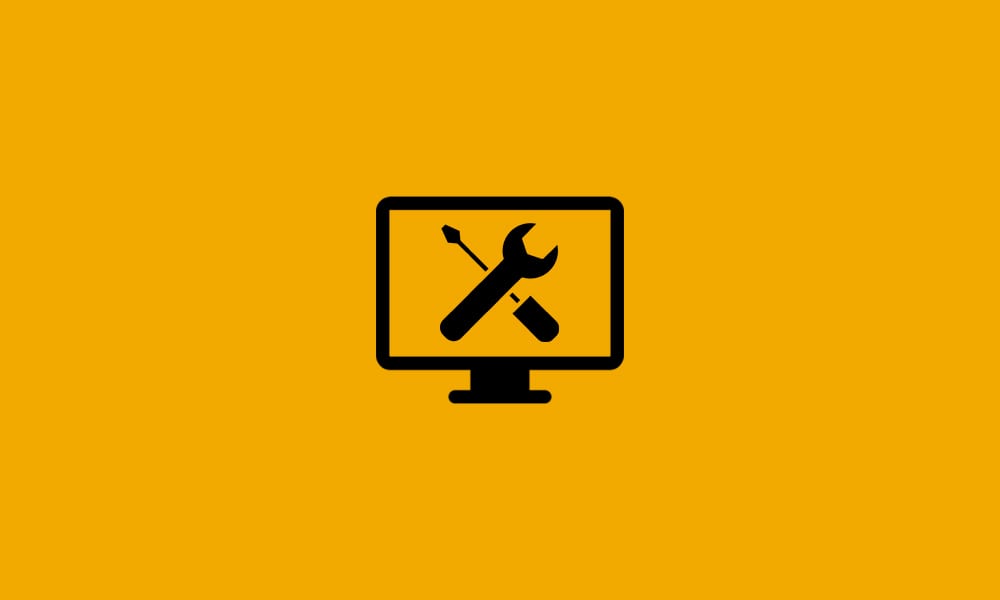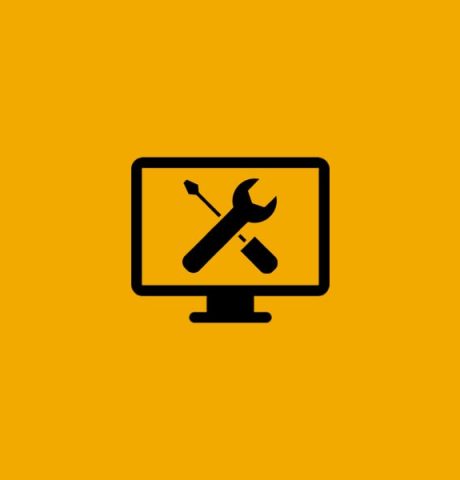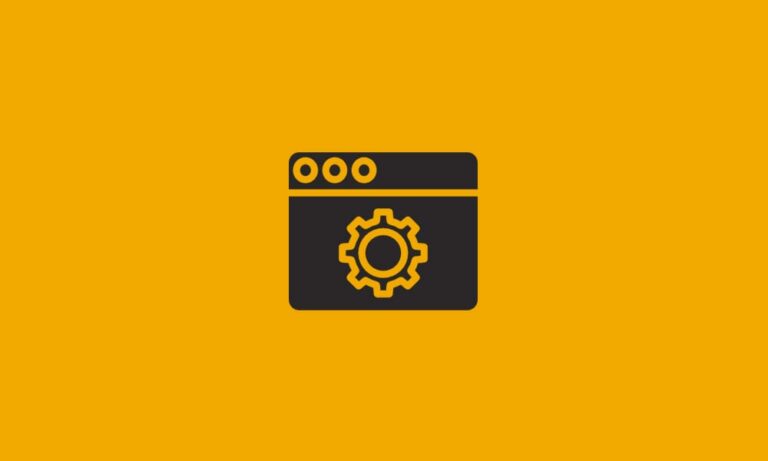BYOD (bring your own device) offers a number of benefits. Employees choose the device they use, employers save on device costs, remote working is simplified, the list goes on. It’s not without its concerns, however.
In addition to security risks, one of the primary red flags with BYOD is the blurring of work life and personal life. With the rise of smartphones, powerful portable computers, mobile networks, and cloud-based systems, the work-life balance has become increasingly murky. Left unchecked, BYOD can disrupt this balance even further.
While work-life balance is sometimes labeled as an employee concern, it should be just as important to employers. It’s not just about whether their work life bleeds into their personal time, but how much of their personal life infiltrates into work time.
True to its name, it’s a balance of both sides. Maintaining work-life balance results in employees with better attitudes who are more efficient. With the current COVID-19 quarantine measures that are in place, keeping work life and personal life separated is more difficult (and more important) than ever.
Here is some general guidance for maintaining work-life balance with BYOD, whether your employees are quarantined at home or not.
Separating Work and Life with BYOD
When it comes to managing devices owned by your employees, much of it is about setting expectations.
You shouldn’t expect your employees to always have their work email pulled up, their communication app turned on, etc. In fact, unless their role requires emergency responses or it’s a special situation, it might be good to encourage employees to mute work-notifications during off hours.
On the other hand, you should set hours when they should be online and reachable from their device. Make sure they know when their hours of availability should be. Set a policy for placing meetings/availability on a shared calendar.
If you’re using Slack, Teams, or a similar communication tool, ask that employees keep their statuses updated.
Speaking of tools and apps, make sure they have the necessary programs installed on their device so that they can adequately perform their tasks and responsibilities. Additionally, make sure that antivirus and firewall software is in place and activated.
This will help protect both them and you from whatever they use their device to do. It’s hard to tell them what they can’t do with their own device, but you can mandate what they need to do if they’re going to use it for work.
Preventing Personal Actions from Invading the Workplace
If your employees are using personal devices for work, those devices are naturally more exposed to risks. To protect your company’s information and network from things the device might be accessing, proper security measures need to be implemented.
For more hands-on monitoring and control, there are additional tools you can implement, such as a MAM (mobile application management), This allows you to monitor, update, and even remove mobile applications from a remote device, protecting your employees from otherwise dangerous software.
Other tools can allow you to monitor, access, and update laptops and desktops as well. Whatever you do, it’s always important to be transparent with your employees. Make sure they know what you can see and access on their device.
It’s a Process
Successfully integrating BYOD requires guidelines, policies, and expectations. Maintaining the balance between work and life as your employees use their own devices is a process. It’s important that you engage with your employees, get their feedback, and adjust accordingly.
Of course, creating policies, implementing changes, and assisting employees with any technical difficulties is a lot of work. This is where a dedicated IT team can help.
At DataYard, we provide a range of IT services to assist modern day businesses. Whether you need cybersecurity, cloud storage, managed IT, or all of the above, we’re here to serve. For BYOD, our IT consultants in Dayton, Ohio can help create and implement policies and that maintain work-life balance and keep your systems protected.
Contact us today!




